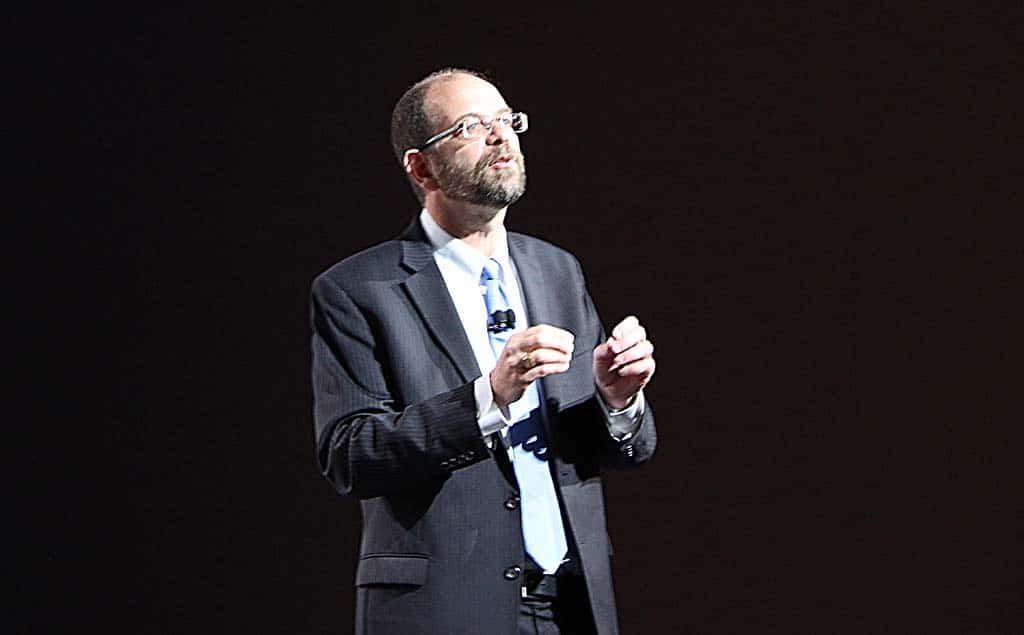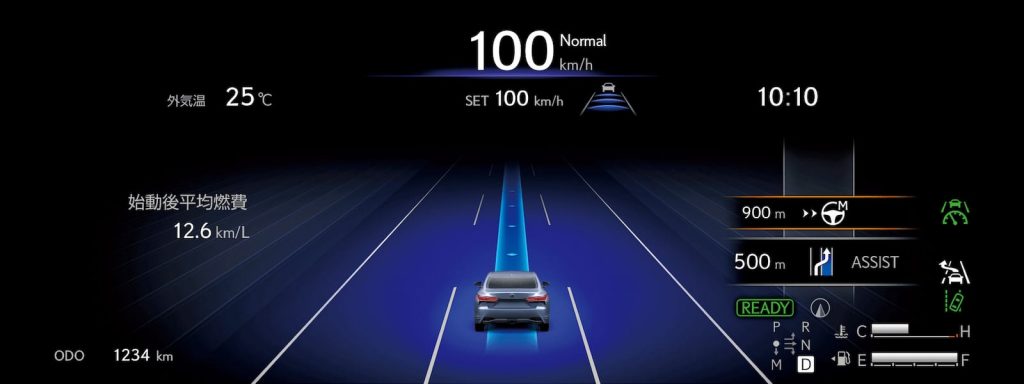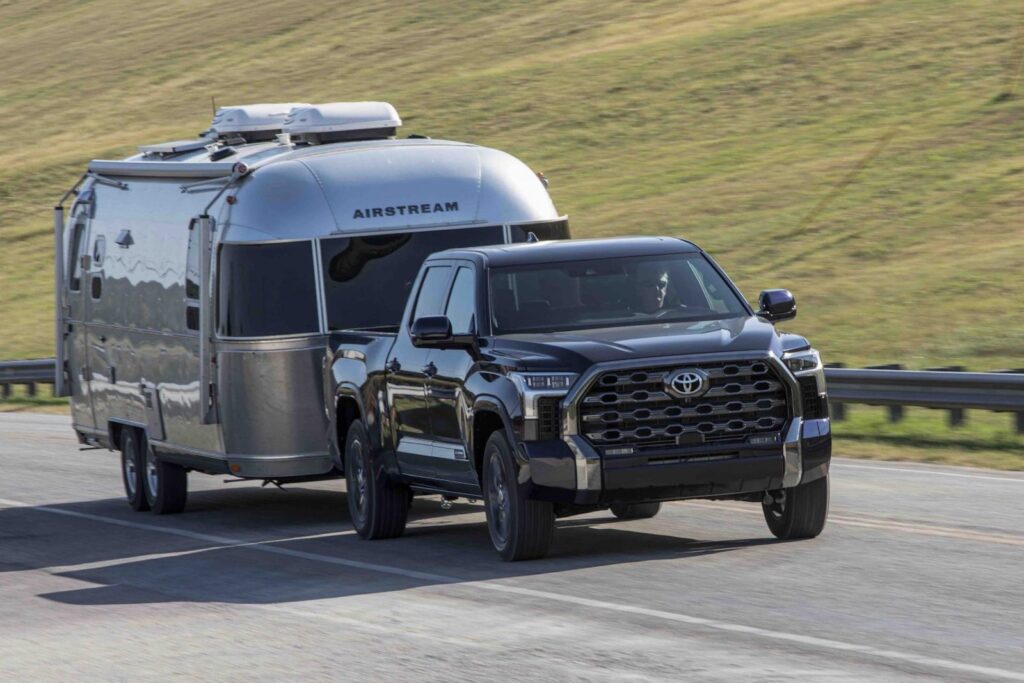Elon Musk loves to brag about how good Tesla’s Full Self-Driving system will be and how it will transform the industry as soon as Tesla owners finish their beta test of the product — perhaps as soon as the end of the year.

One of Tesla’s key competitors, Toyota is not as optimistic about when self-driving vehicles are ready for the American road.
During a day of presentations at the Toyota Motor North America Research and Development Center outside Ann Arbor, Michigan and the nearby American Center for Mobility, engineers and scientists from the Japanese automaker said they are skeptical any fully automated vehicles capable of navigating on its own will be ready for the road for several years.
Skepticism runs deep on AVs
Ryan Eustice, senior vice president of Human Centric AI & Technology Adoption, Toyota Research Institute, noted Toyota does currently employ a Level 2 System on the 2022 Lexus LS and Toyota Mirai fuel-cell vehicle.
The driver of the LS can let go of the wheel and the car will changes lanes and steer through a freeway interchange. But the system, like those offered by General Motors and Ford, keeps an eye on the driver to ensure they are paying attention to the road ahead, he said.
Vehicles with Level Five or fully autonomous driving beyond a geo-fenced area are not ready yet despite the extensive research on artificial intelligence and machine learning required to make automated driving, Toyota officials contend.

Woven Planet, the Toyota subsidiary focused on automated driving, now has 1,800 employees, up from 700 a year ago.
“There’s a lot of hype in this space,” Eustice said. “We don’t think we are close to where we have to be for Level Five,” Eustice added, noting it could take a decade to build an autonomous system. “We have a fundamentally different philosophy than Tesla,” he added.
Gill Pratt, chief scientist, Toyota Motor Corp. and CEO, Toyota Research Institute, noted, “No one really knows” when fully automated vehicles will reach production.
Humans are really good working through complex situations while operating a motor vehicle, he said. It is about making predictions, Pratt added. “It turns out humans are pretty good at that,” added Pratt. Autonomous vehicles are still learning.

“Autonomous vehicles systems are very complex,” noted Derek Caveney, senior executive engineer in the Integrated Vehicle Systems division at TMNA R&D. Toyota’s philosophy is to ensure it is offering high-quality products, which are safe and reliable and thoroughly tested releasing anything to the public, he said.
Toyota’s research covers broad area
The automaker’s engineers also showed off some of the new technology now reaching customers.
The 2022 Toyota Tundra, for example, is equipped with a Trailer Pre-Collision System. When equipped with compatible trailer brakes, it can detect that a trailer is being towed and adjust for that during an emergency stop. When activated during towing, the Trailer PCS system is calibrated to leverage both the vehicle’s and trailer’s braking systems to help provide a smoother and more comfortable braking response.
TMNA R&D, using a suggestion from an employee, is exploring whether a vehicle could be towed without a physical hitch. Researchers demonstrated a two-vehicle system where a “towed” vehicle autonomously followed a human-driven lead vehicle at a safe distance.
Toyota also is continuing to experiment with fuel cells. Fuel cells built by Toyota now power 10 Class 8 heavy-duty trucks operating around the Port of Los Angeles. Toyota also developed a fuel cell as a stationary power source, replacing a diesel generator. Toyota’s hydrogen fuel cell technology could power an EV charger.








Makes me like Toyota much better! Ford and GM baffle me on this. And Elon……..sometimes……sometimes he seems like a genuine genius, and sometimes……the opposite.